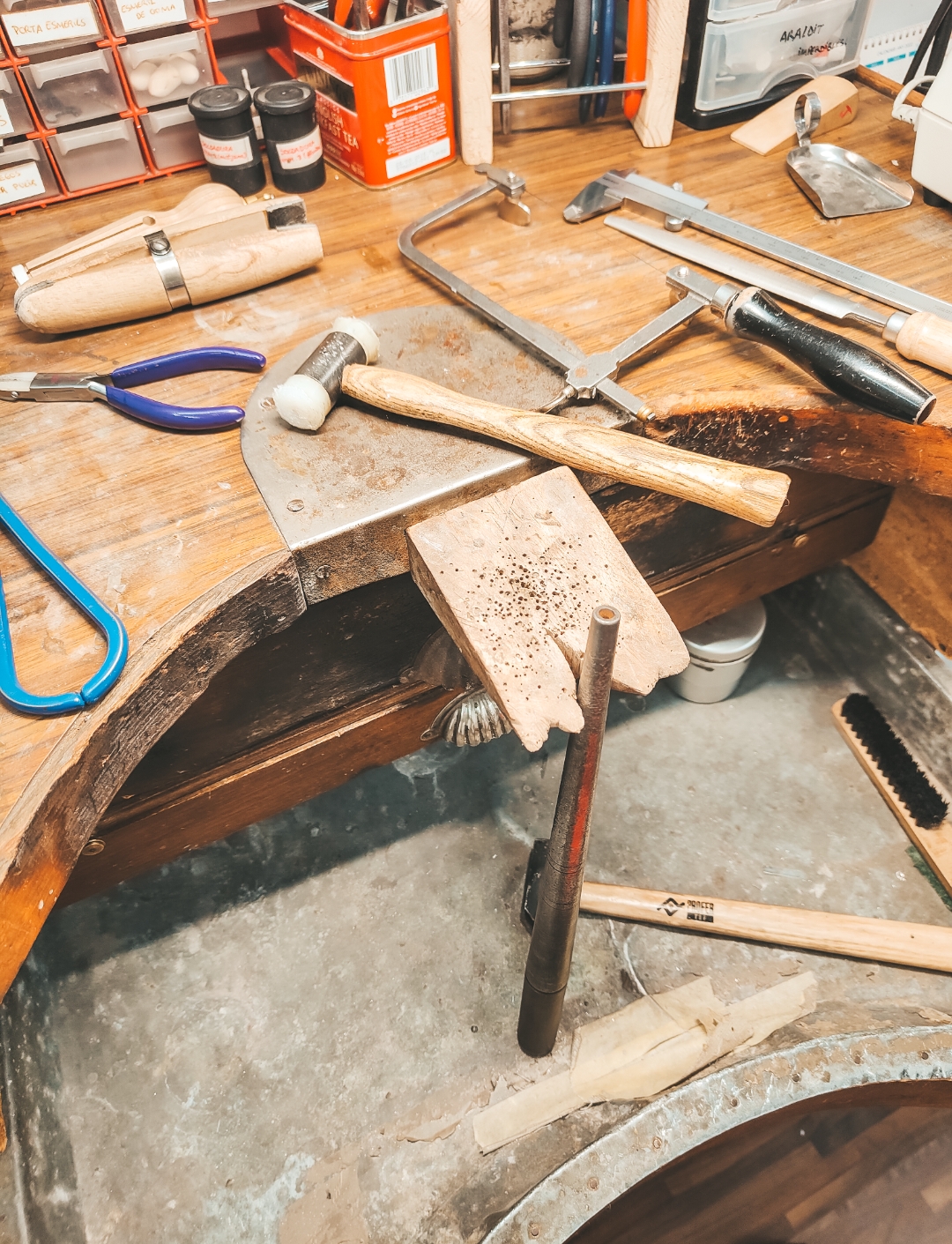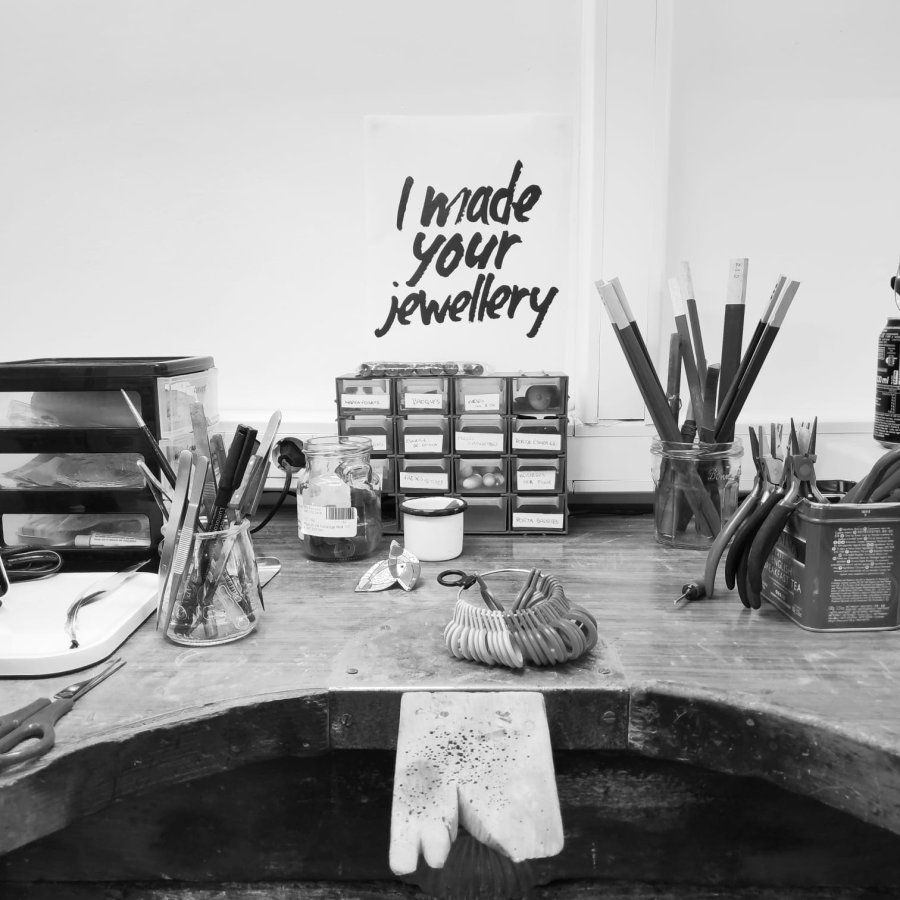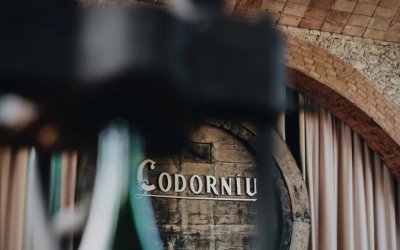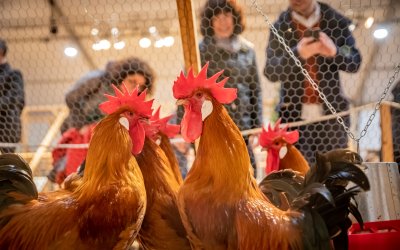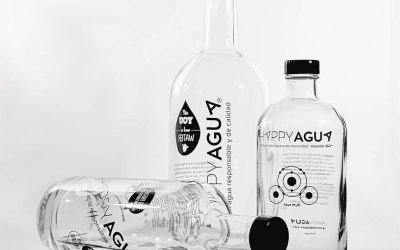The conscientious jewellery movement is growing in Barcelona, with a focus on choosing trusted suppliers and exploring new ways to be more sustainable.
One of the long-standing problems of the jewellery business has been the origins of its raw materials. They often come from developing countries with several intermediaries, so it was hard to ensure the fairest mining conditions were being implemented.
Fortunately, the sector has made an effort to improve the traceability of its products and has found ways to guarantee decent work across its value chain. One example is Juia Jewels, which uses the Fairmined certificate to guarantee that the workers in the mines where the gold is extracted have decent wages and good working conditions.
They have been working with the same mining site in Colombia for the past five years. It is a cooperative that combines mining with a coffee plantation, an example of how they maintain the environmental health of their farm.
Another example is Tass, which seeks suppliers who give back part of their profits to the local community, using gems that come from controlled environments. To promote this initiative among consumers, they’ve launched the Hope collection, which uses only this type of minerals and certifies the traceability of the stones and their carat weight.
Tass Joies has also gone a step further: much of its production uses recycled metals from the European Union. Similarly, Joieries Gatnau uses 100% recycled gold and silver and only produces locally.
Furthermore, Gatnau’s diamonds only come from suppliers that are members of the Kimberley Process, which certifies that diamonds come from areas free of armed conflict.
Sustainable packaging
Juia Jewels also uses recycled cardboard from reforested areas that are part of a closed circuit, and it works with green, local suppliers.
As for atelier practices, they use as few chemical products as possible and treat them properly once they have become waste.
Tass Joies has also lowered its use of plastics and replaced them with recyclable materials, such as the padding for the jewellery, which is now made of cardboard shavings.
Meanwhile, Gatnau makes sure that its recyclable cardboard packaging is FSC-certified, eco-friendly and plastic-free, closing an ecological jewellery circle from start to finish.
These responsible jewellers try to implement as many sustainable practices as possible and are always revisiting these policies in order to improve them.
